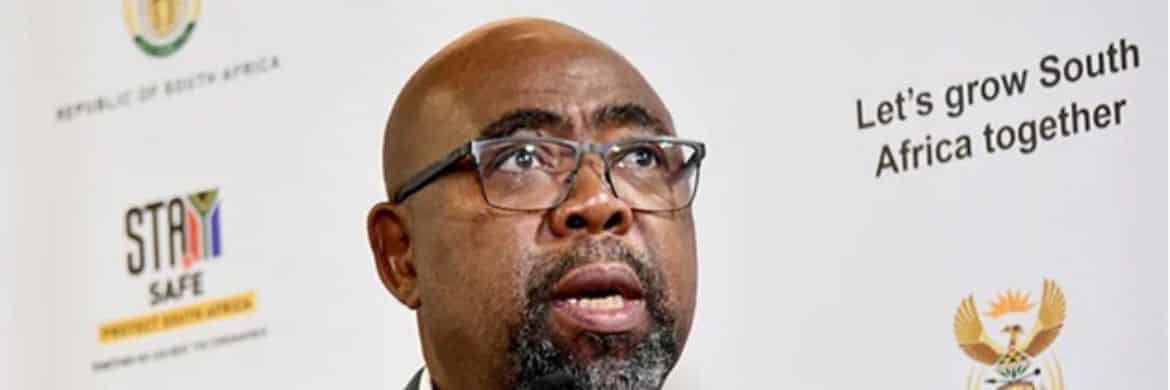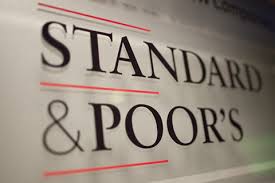The ailing power provider of South Africa, Eskom, is struggling to generate power, prevent outages, and pay back R396 billion in debt. South Africa’s labour minister said he will obstruct privatization proposals for Eskom.
According to the employment and labour minister Thulas Nxesi, privatizing the enterprise would be bad for the poor. Although the administration of President Cyril Ramaphosa has previously denied having any plans to sell the business, there have been requests to sell the enterprise.
According to S&P Global Ratings, privatization may be the greatest solution to end the power issue in the most industrialized country in Africa.
Nxesi, who is also the head of the South African Communist Party, declared, “I am not in favour of privatizing major state assets. The majority of people won’t have access to power if it is privatized since it will be prohibitively expensive for them. Government intervention is necessary when the market fails for this reason.
Given that the government has guaranteed up to R350 billion rand ($20.6 billion) of Eskom’s debt, the company poses a serious threat to South Africa’s economy and public finances. Since June 2022, the company has intermittently cut 6,000 megawatts off the grid, keeping the nation in the dark for hours on end and limiting industrial productivity and growth.
“I see the energy issue as an economic crisis.”
Nxesi
According to S&P Global Ratings, operational problems at Eskom put South Africa’s economic outlook at risk because the utility’s revenue is insufficient to pay down its R396 billion in debt. Transferring the company’s debt to the state’s balance sheet would cause the state’s debt to significantly worsen.
Zahia on minister’s move to obstruct privatization proposals for Eskom
Zahabia Gupta, S&P associate director of sovereign ratings for the Middle East and Africa, stated in an interview that these utilities “usually tend to be an issue, but then the ones that have done better are the ones that have done some kind of a wholesale privatization.” “Then, at least, the issue is no longer a government issue, and generally, the utilities function better.”
Eskom is being divided up by the government into three distinct companies: power transmission, generation, and distribution.
Additionally, Ramaphosa has promised policy measures that will reduce overbearing red tape and allow private investors to construct their own power plants up to 100 megawatts in size without needing a permit. To meet the nation’s needs, the state has also promoted increased support for renewable energy initiatives, a move that focuses not to obstruct privatization proposals for Eskom
By failing to address the energy situation by 2024, when the country’s next general election is scheduled to take place, the ruling African National Congress, according to Nxesi, risked upsetting South Africans.




